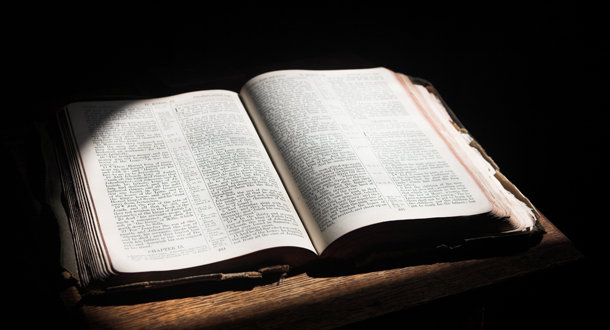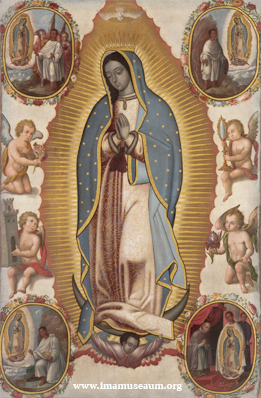
Scripture:
Genesis 49:2, 8-10
Matthew 1:1-17
Reflection:
In eight days, Christians will again celebrate the miracle that forever changed the world. When God became one of us in Jesus, being born into our world in Bethlehem, we received a promise of hope we never thought possible and a blessing of joy we never believed our hearts could know. This is why Christians profess that in Jesus we meet our king and redeemer, our savior and messiah.
But Jesus will be a king dramatically unlike other kings and a savior it is easy to overlook. Today’s reading from Genesis foretells the royal life of Israel. Jacob announces to his son Judah that he, like other kings, will conquer his enemies, receive homage from the people, and be like a lion, “the king of beasts,” that everyone fears to approach. By contrast, the psalm response envisions the reign of God that will break into the world in Jesus. Jesus will rule with the wisdom, mercy, and goodness of God. Under his kingship, the world will overflow in justice and peace. The poor will not be trampled, crushed, and forgotten, but liberated. The suffering will not be overlooked or ignored but comforted and healed.
The gospel passage from Matthew recounts the genealogy of Jesus. What can seem like a bewildering chronicle of names nearly impossible to pronounce reveals something wonderful: God works through human beings—including some who were dramatically flawed—to bring about something extraordinarily blessed. But it is easy to miss the blessing because God enters our world not in wealth and majesty, but as a helpless child in a family looking for shelter.
Today’s scriptures remind us that to prepare for the coming of Christ we must look for Jesus where perhaps we least expect to find him. Jesus is right before us, once more beseeching our help, in the stranger, in the lonely and loveless, in the emotionally and spiritually wounded, in the poor and homeless, in people of other races and cultures and religions, who, like Joseph and Mary and Jesus, are in need of assistance. Are our hearts open to receiving them? Are our hands ready to help? If our answer is yes, then God can work through us to achieve something extraordinarily blessed, just as he did with Jesus’ ancestors.
Paul J. Wadell is Professor Emeritus of Theology & Religious Studies at St. Norbert College in De Pere, Wisconsin, and a member of the Passionist Family.







